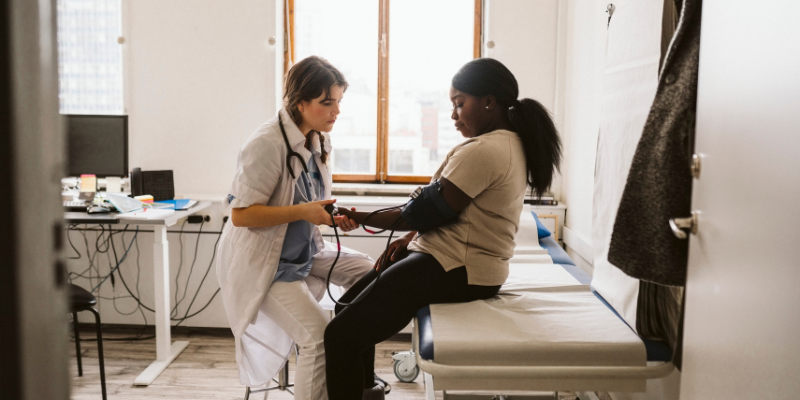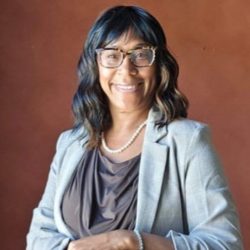Valuing the experiences of people with debilitating diseases reveals insights that can benefit healthcare providers and their patients.
That’s how one participant described her symptoms of endometriosis in research about the disease’s impact on Black women. The study was conducted by 2023 grad Dr. Anjanette Blunt for her PhD in Psychology dissertation at Walden University, an Adtalem Global Education institution.
“It’s definitely impacted me having dreams of a family,” said another participant.
What Is Endometriosis?
Endometriosis is when tissue similar to the lining of the uterus grows in other areas of the pelvis. For the 10% of reproductive age people with the disease, there is no known cause or cure. There are also challenges getting pregnant and delivering a healthy baby, according to the World Health Organization.
Valuing Black Women’s Experiences
For her dissertation, she interviewed eight Black women with endometriosis between the ages of 18 and 40. She explored their experiences with delayed diagnoses, symptom management, the healthcare system, perceptions of the care they received, and more.
Here’s just some of what the women in her study had to say:
Racial Disparities
Gender Differences
Taking Control of Their Care
Impact on Mental Health
Behind the Doctoral Research
Dr. Anjanette Blunt’s hope is that their stories and her research motivate the medical community to increase research funding and improve cultural sensitivity. She dedicated her Walden University PhD in Psychology dissertation—“Mental Health in Black Women With Endometriosis-Related Symptoms During COVID-19”—to every woman who has ever struggled with endometriosis: “I pray that your healing journey is fruitful, and I pledge to continue being an advocate and fighting for advancing this complicated and misunderstood disease.”
Dr. Blunt’s career in the federal government spans more than 18 years, including seven years of active-duty military experience. She describes herself as a proud public servant and an avid lifelong learner.
For more information, email the Adtalem Global Communications Team: adtalemmedia@adtalem.com.




